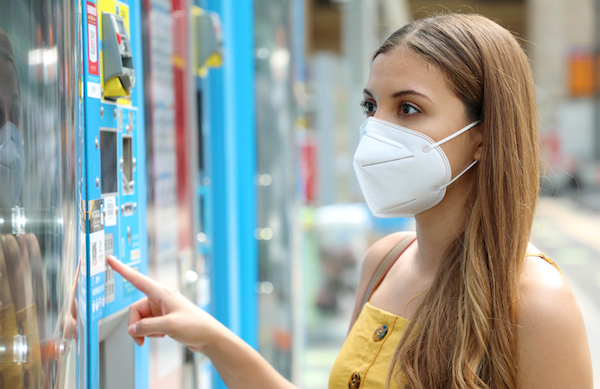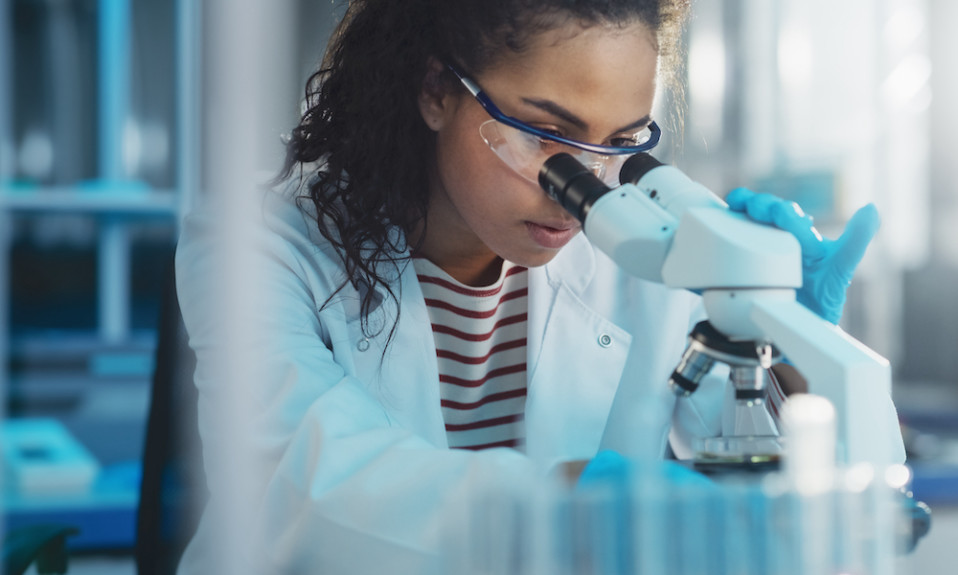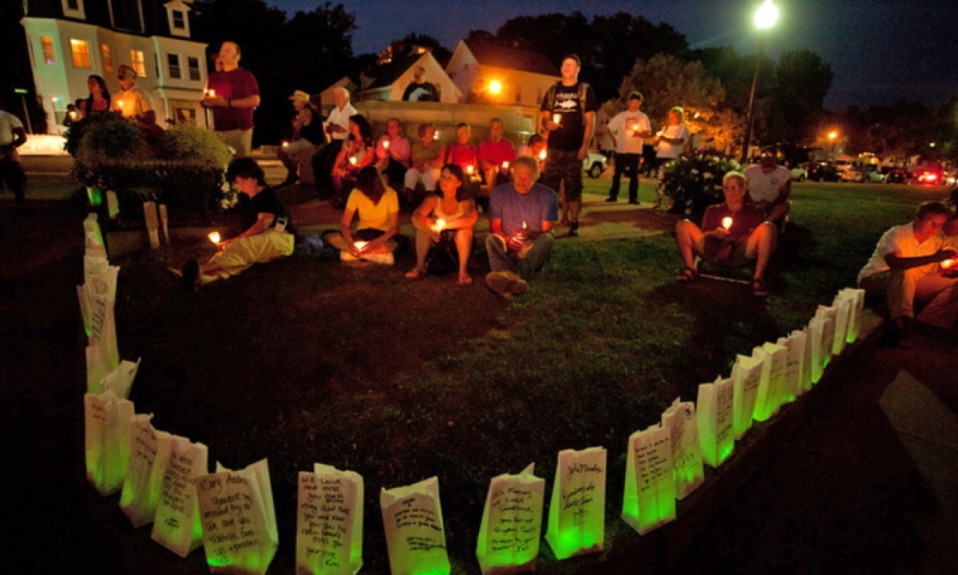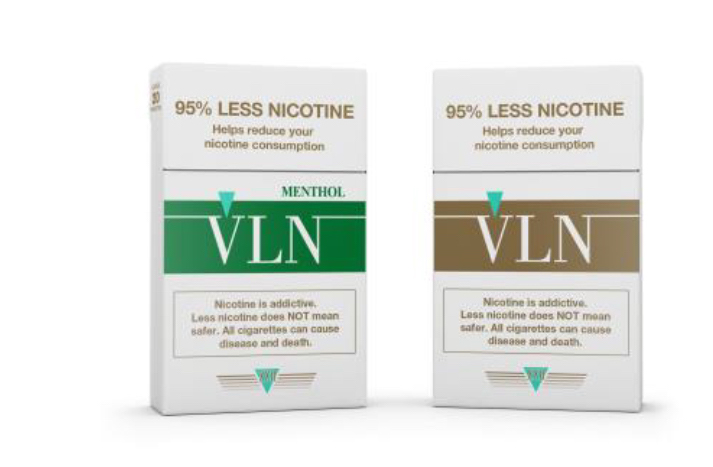The pilot program, headed by the Fund for Public Health in New York City, intends to provide better access to potentially life-saving resources
By Jason Langendorf
A pilot program in New York will install vending machines containing free overdose prevention and harm reduction supplies in strategically determined locations around the city.
The nonprofit Fund for Public Health in New York City (FPHNYC), on behalf of the New York City Department of Health and Mental Hygiene, is accepting proposals from organizations to lead a pilot to install 10 public health vending machines (PHVM) that would distribute items such as naloxone (the opioid overdose reversal drug), clean syringes and wellness supplies.
The program is meant to ease access to life-saving and harm-reducing resources for all city residents. The pilot is designed with an eye toward improving health outcomes by meeting more of the city’s people who use drugs (PWUD) where they are, and addressing racial inequities and social injustices inherent in existing systems.
According to the FPHNYC’s request for proposals: “Priority populations include people who are not connected to syringe service programs (SSPs), potentially because of stigma associated with these services; communities disproportionately burdened by opioid overdose, including Black and Latinx communities, LGBTQ+ individuals, people who engage in sex work, neighborhoods with a very high poverty level, and people who are most likely to witness or experience an overdose.”
As in the rest of the country, opioid deaths in New York City have steadily increased in recent years. In 2019, Latinx New Yorkers had the highest rate of OD deaths for the second year in a row, and the rate of OD fatalities in high-poverty neighborhoods was more than twice that as in low- and medium-poverty neighborhoods. Meanwhile, overdose rates among white New Yorkers over the previous three years had decreased.
Over decades, harm reduction interventions in New York City have given people the tools they need to keep themselves and their communities safe.”
—Chinazo Cunningham, New York City Department of Health and Mental Hygiene
PHVM: The Next Step for New York
New York City lawmakers have lately shown a willingness to embrace harm reduction practices that remain controversial in some corners of society. In December, the city opened the first publicly recognized overdose protection centers (OPC) in the U.S.
“Over decades, harm reduction interventions in New York City have given people the tools they need to keep themselves and their communities safe,” said Chinazo Cunningham, MD, executive deputy commissioner of the New York City Department of Health and Mental Hygiene.
In addition to preventing overdoses and addressing the harms of systemic racism and social inequities in addiction care, the pilot has several more specific goals, including but not limited to:
- Reducing stigma related to drug use and PWUD
- Increasing days and hours that New Yorkers have access to naloxone and other supplies provided in the PHVMs
- Preventing the spread of infectious diseases associated with syringe sharing/reuse and improper syringe disposal
- Providing harm reduction supplies and wellness supplies at no cost to individuals in a culturally and linguistically competent manner
- Collect data to inform an evaluation of the PHVM initiative
Areas identified for possible PHVM installations include Fordham-Bronx Park, East Harlem, Union Square, Rockaway and East New York in Brooklyn. The pilot is expected to come at a cost of $730,000. The deadline for submitting proposals is Jan. 20.
Photo: Shutterstock














